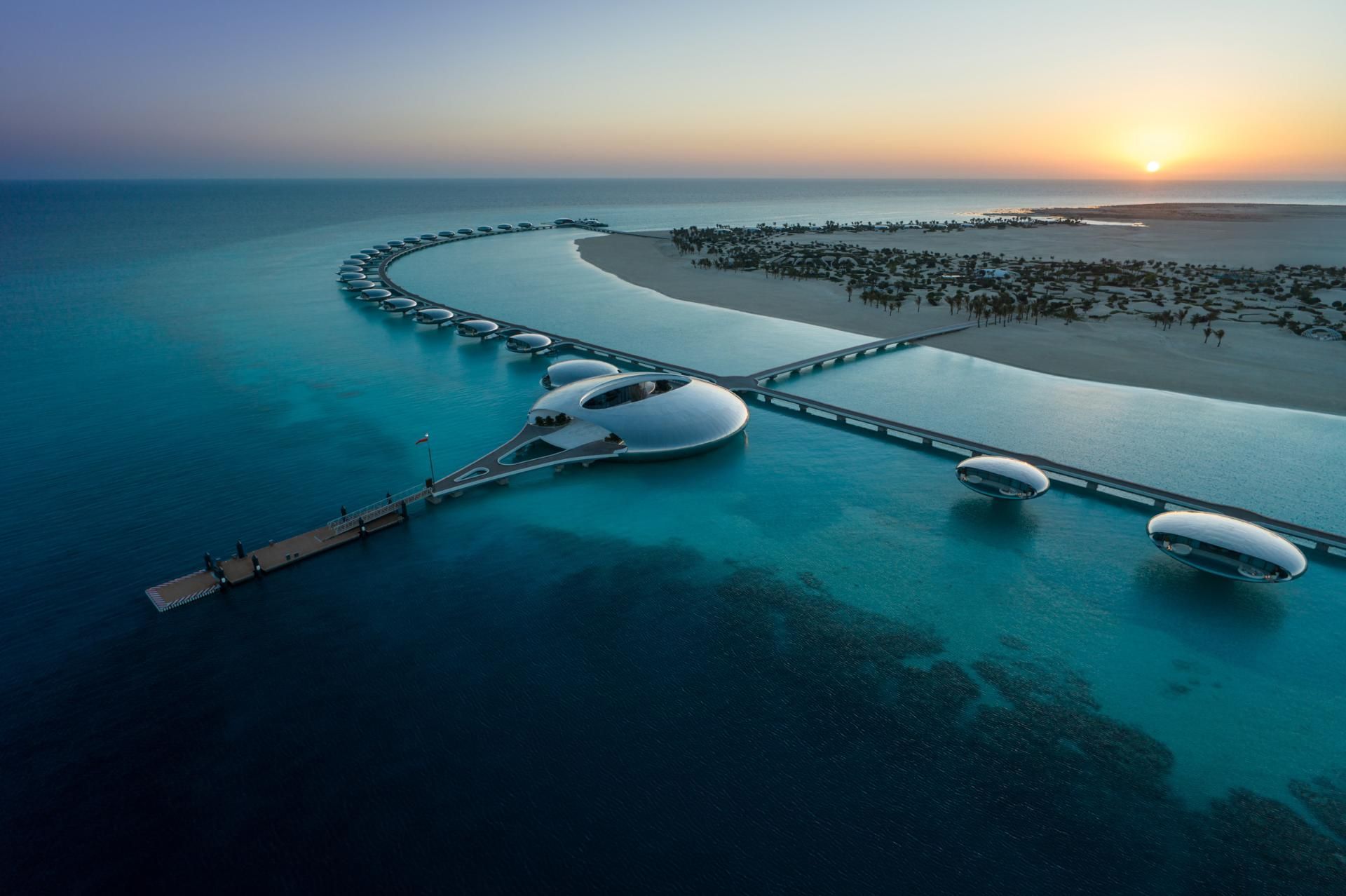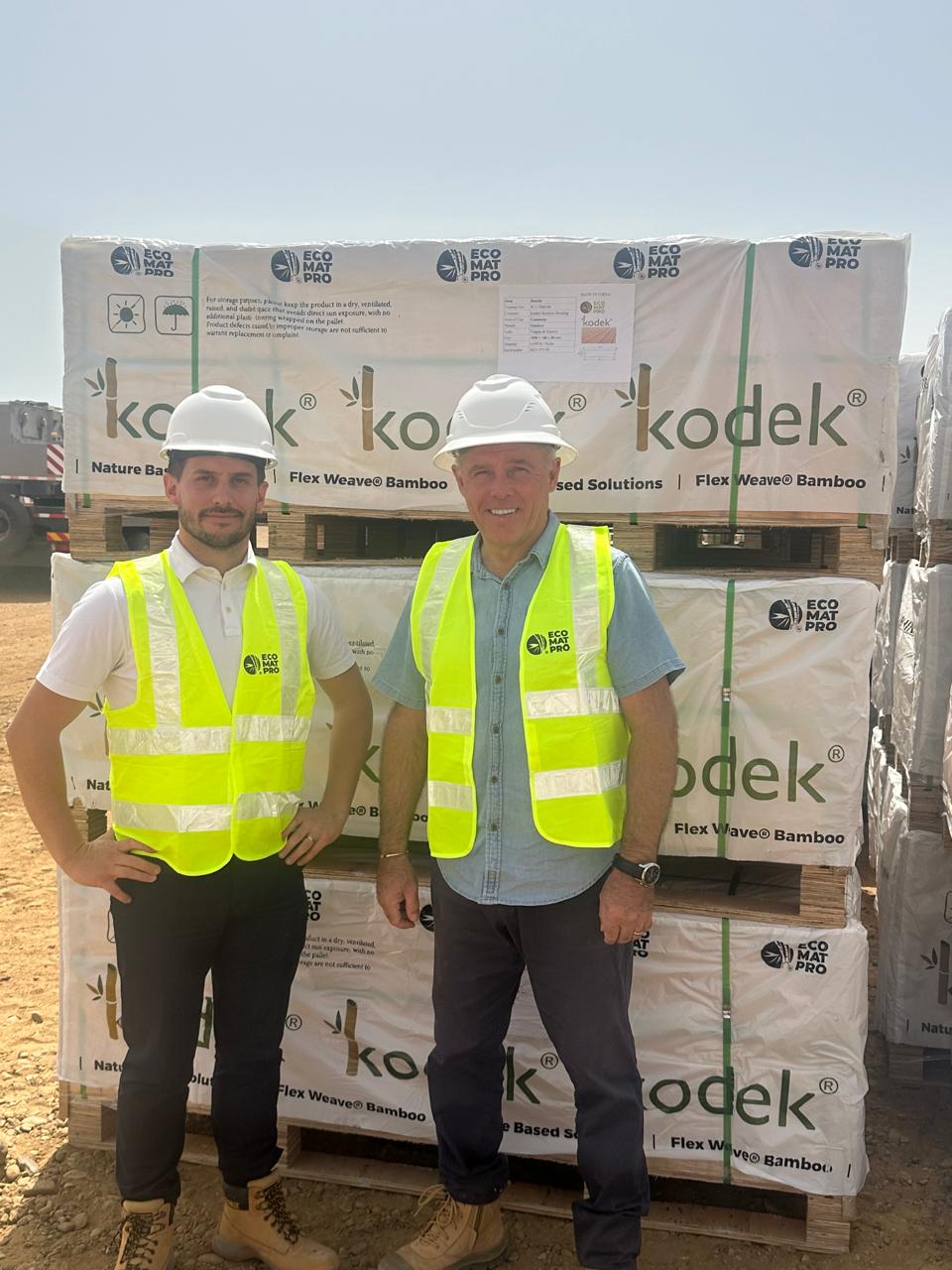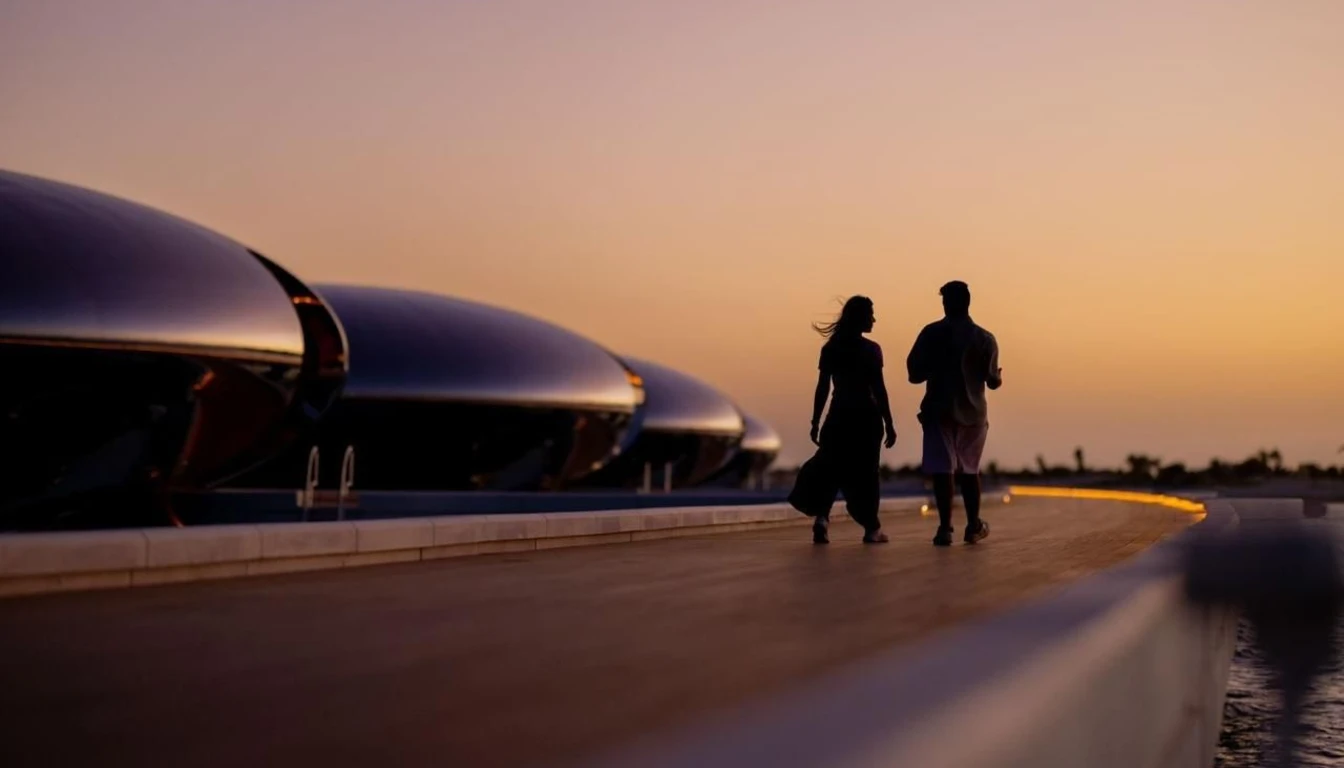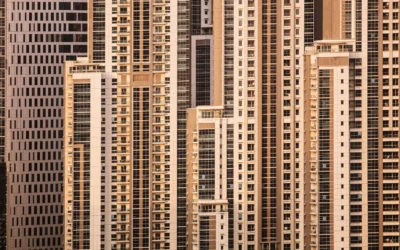We talk to Valentina Bekina-Solem, Business Development Executive from EcoMatPro® which engineers Flex Weave bamboo sustainable solution for access matting, decking, cladding and other bespoke architectural features.
What is the problem that your company is solving and why is it important to do so?
At EcoMatPro®, we are addressing the need for sustainable alternatives to traditional decking and cladding materials, which often rely on hardwoods and/or plastic composites. Bamboo, when used correctly, is both technically and environmentally superior to hardwoods. Given the current climate crisis, it is essential to adopt building materials that minimize environmental impact. Bamboo’s rapid growth and renewability make it a more sustainable option, while also reducing the pressure on natural forests. By offering eco-friendly alternatives, we help reduce deforestation, lower carbon footprints, and support a circular economy. The need to shift towards sustainable materials has never been more urgent, and EcoMatPro® is at the forefront of this transition.
What technology/innovation are you bringing to this field?
EcoMatPro® utilizes our proprietary manufacturing process called Flex Weave to produce engineered strand woven bamboo products. Our signature product line, KodeK®, is derived from our industrial matting heritage, supporting industrial loads with temporary access and hard standing solutions. This heritage and innovative manufacturing technique enhance bamboos natural durability and overall performance, rated as a UC4-Class 1 timber and making it suitable for a wide range of applications. All of our products are free from harmful chemicals, as we do not treat our bamboo with any toxic substances. This makes our products not only environmentally friendly but applicable for client & project sustainability certifications.

The Shebara resort design exemplifies the seamless integration of innovative design with the surrounding natural environment, selecting EcoMatPro’s material and color to intertwine with the existing natural beauty and epitome of luxury.
What stage of commercialization are you at? Who are your backers?
We are currently in a rapid growth stage in our commercialization journey, with ongoing efforts to expand our presence in key markets. While we are still building brand recognition, we are engaged in and have delivered on several promising projects that demonstrate the long-term viability of our products. Our backers include a combination of high-net-worth individuals who manage a Private Equity firm in Singapore who share our vision for a cleaner Earth via sustainable building materials.
How does your product or service contribute to environmental sustainability?
EcoMatPro®’s products are a catalyst for environmental sustainability in several impactful ways:
Shorter Carbon Sequestration Cycle: Bamboo grows much faster than hardwood, making it a superior option for carbon capture. It sequesters carbon at a higher rate with shorter cyclical harvesting periods, contributing to climate change mitigation.
No Deforestation: Our bamboo is grown responsibly and lowers pressure on timber demand & deforestation. This helps preserve biodiversity and forest ecosystems.
FSC Certification: We adhere to the Forest Stewardship Council (FSC) standards, ensuring that our seed-to-solution bamboo follows rigorous environmental and ethical guidelines.
Circular Economy: Our products contribute to a circular economy by being fully recyclable and compostable at its end-of-life cycle. Any waste material produced during manufacturing can be repurposed into bio-fuel.
Replacement for Timber or Plastics: The inherent properties of Flex Weave bamboo allow for a wide range of uses, thereby offering a cost-effective and technically superior alternative to timbers or plastics, thereby reducing deforestation or the demand for CO2e-intensive materials.
These attributes position EcoMatPro® as a key player in advancing sustainable building practices and helping our clients reduce their environmental footprint.

Tony Anson, CEO of EcoMatPro (right) and Peter Shaw, Project Manager.
What are the key challenges that you face?
We have delivered a few monumental projects in Saudi Arabia, but the key challenges we face primarily relate to market education and the adoption of new materials. Introducing bamboo as an alternative to traditional decking and cladding options requires shifting established mindsets and procurement principles. Additionally, the environmental benefits are not always immediately apparent to customers, making it challenging to demonstrate the value proposition.
What do you need to overcome them?
To overcome these challenges, we need to continue expanding our track record with completed projects. As we continue to deliver projects with well-known developers we can showcase the quality and sustainability of our materials. Such projects will continue to strengthen our proof of concept and marketing ability, fostering wider acceptance of bamboo as a legitimate building material for such uses.




